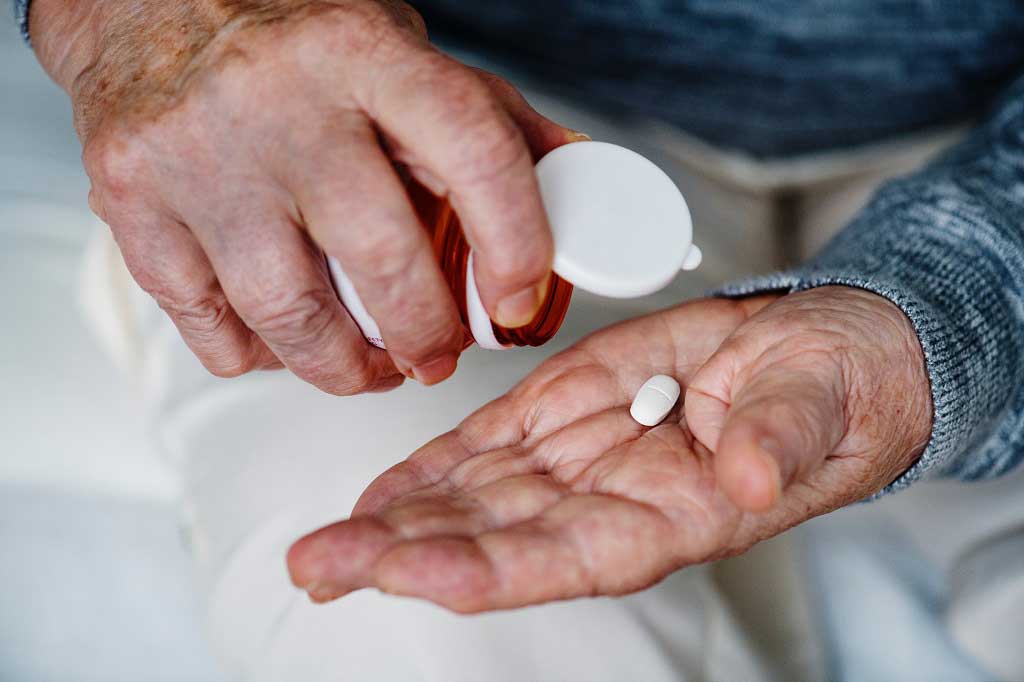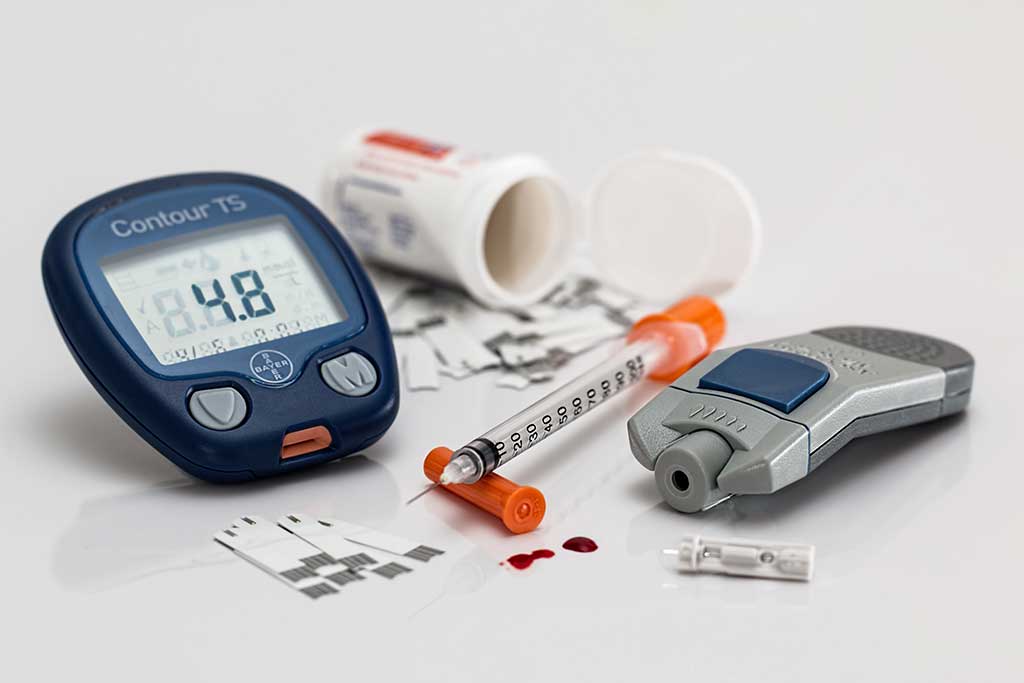Internet medicines Q&A
Medication
One in four GP's has treated someone for problems caused by medication they bought over the internet, according to a recent survey.
One quarter of GP’s have treated patients for problems caused by medicines bought online, according to several news reports. These results come from a survey of 423 GPs published in a magazine for GPs. Problem medications include Viagra-type drugs for erectile dysfunction, slimming pills, tanning treatments, treatment for hair loss and antidepressants (Prozac), which are commonly promoted by internet pharmacies.
While some pharmacies legitimately operate online retail operations, many others, particularly those offering ‘lifestyle medications’, are not regulated and may be run by people with no healthcare qualifications or expertise.
How can a medicine be illegal?
Drugs and medical devices undergo rigorous testing to prove that they are both effective and safe before they can be used as treatments in humans. They then need to be directly approved by the Medicines and Healthcare products Regulatory Agency (MHRA) before they can be sold. The MHRA is a government watchdog that issues the drug manufacturer with a licence to sell their drug.
Licences are only granted after consideration of the evidence for a drug’s effectiveness and safety. Numerous experts are involved in the process and this is largely based on how the treatment has performed in rigorous clinical trials.
Medicines sold without a licence are illegal and the danger is that they have not been appropriately tested so they may not work at all or may even be associated with harmful side effects. Once a drug has been licensed, the MHRA continues to monitor the safety of medications and take appropriate action if longer-term side effects become apparent. Unlicensed medications do not have the benefit of this watchdog.
What are the potential dangers associated with internet-bought medicines?
There are a number of concerns over the safety of medicines purchased online, including the quality, safety and effectiveness of the products available.
- Drugs sold without a licence from the MHRA will be illegal.
- The online retailer themselves may not be licensed or may be operating from abroad.
- The quality of the products through unlicensed online retailers are not then regulated by authorities in the UK.
- The people selling these products might not have appropriate professional qualifications or healthcare experience.
- Some websites may advertise prescription-only drugs without the need for a prescription. Even if these medications are legitimate, drugs can interact with each other, and many need to be accompanied by safety checks and advice from a qualified practitioner. Unregulated online transactions do not offer this important safeguard.
There have been several recent cases of potentially harmful internet products publicised by the MHRA. These include an untested ‘injectable tan’ (Melanotan) being advertised and sold illegally, and of Chinese herbal Viagra (Jia Yi Jian) that was advertised as being 100% natural. It was found to contain excessive quantities of pharmaceutical ingredients that could cause serious side effects including heart and blood pressure problems.
Are there legitimate internet pharmacies?
There are legitimate internet pharmacies selling medications online, and these must be registered with the Royal Pharmaceutical Society of Great Britain (RPS), which regulates their safety.
Legitimate internet pharmacies can be convenient, particularly for those people with limited mobility or those who have problems accessing their pharmacy or doctor. While internet pharmacies can make delivery and repeat prescriptions more convenient, they cannot replace necessary face-to-face consultations, as the RPS has emphasised.
How can I tell if an online pharmacy is regulated?
The RPS has developed a logo that will appear on the first page of registered online pharmacies.
Unscrupulous, illegal websites could still copy and displayed this logo so in addition to this, the RPS recommends users do the following:
- Check the registration status of the pharmacist.
- The pharmacy operating the website should be a genuine ‘bricks and mortar’ pharmacy, so look at its name and street address.
- Websites that sell prescription-only medicines are likely to be illegal in Great Britain.
- Be suspicious if you re not asked some questions about your health or the medicine before you buy it: registered pharmacies are obliged to determine whether the medicine is suitable for you through an online consultation.
What if you have purchased or used a medication that you think may be illegal?
If you re concerned about the legitimacy of a particular retail pharmacy website, you should contact the Medicines and Healthcare products Regulatory Agency (email: info@mhra.gsi.gov.uk, phone 020 7084 2000).
If you have taken an illegal medicine and are concerned about possible side effects, you should speak directly to a healthcare professional or seek medical treatment.






 Subscribe
Subscribe Ask the doctor
Ask the doctor Rate this article
Rate this article Find products
Find products






